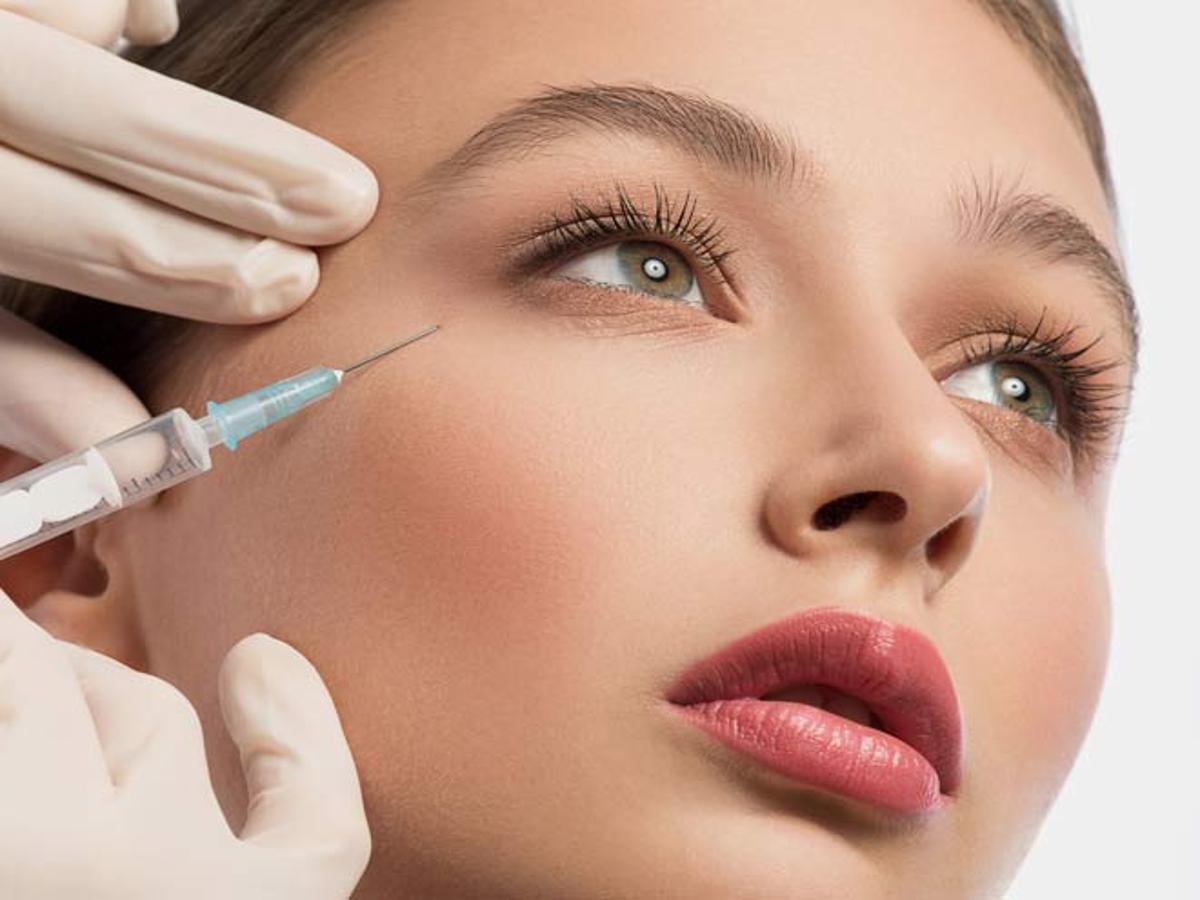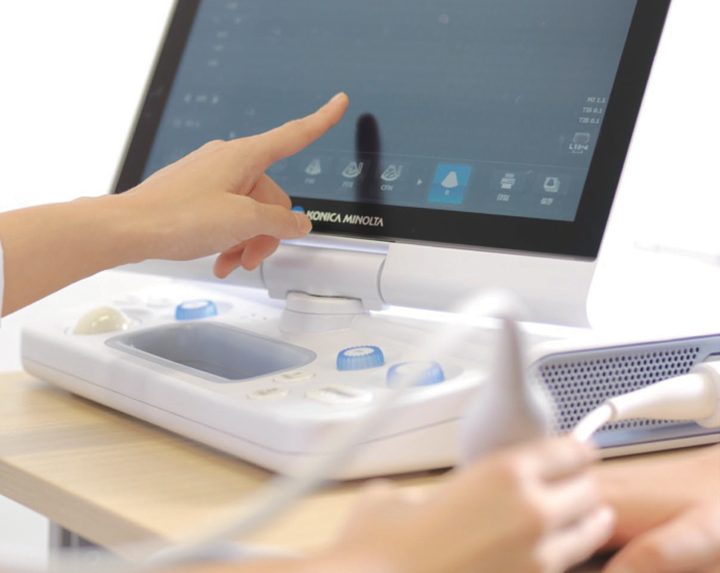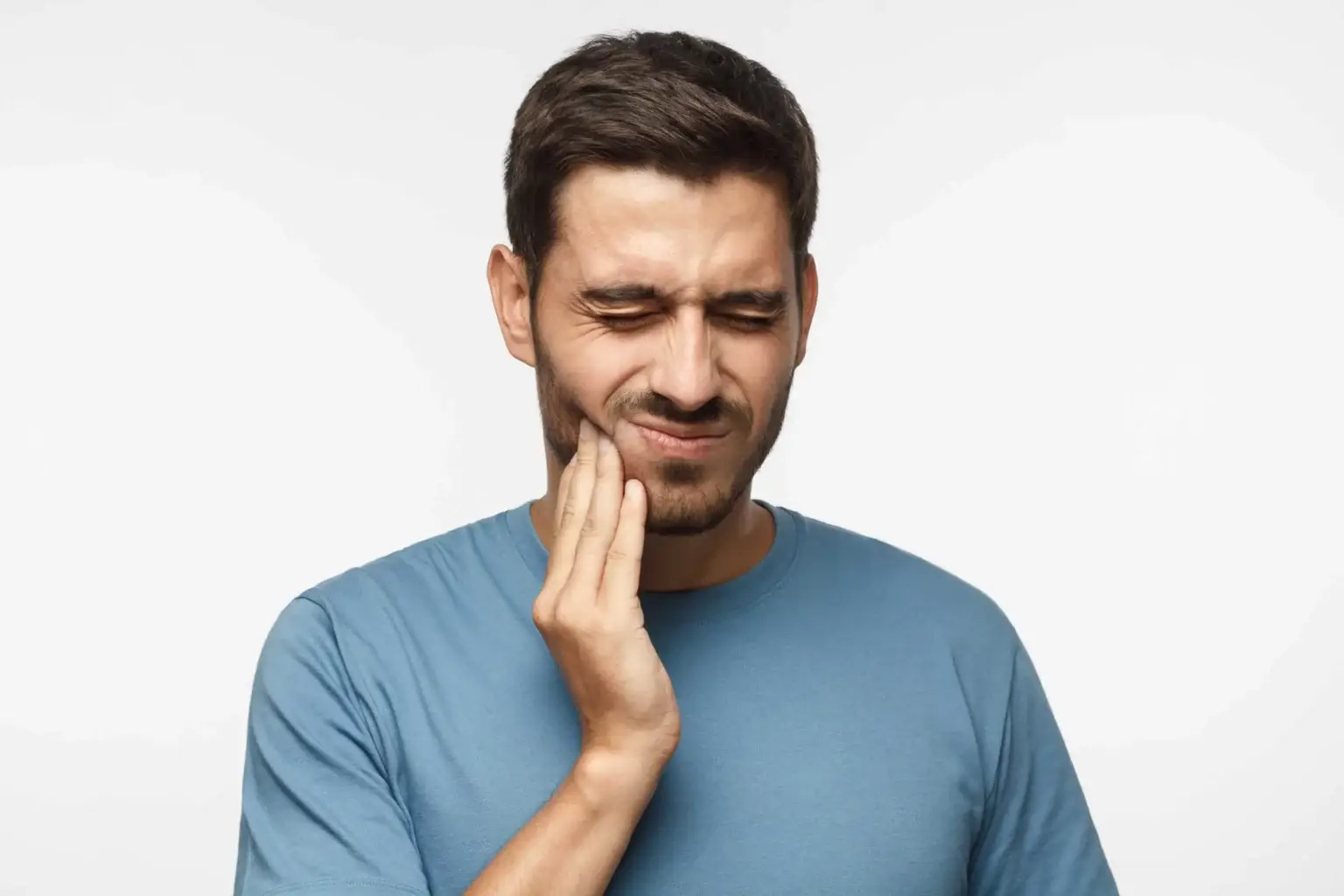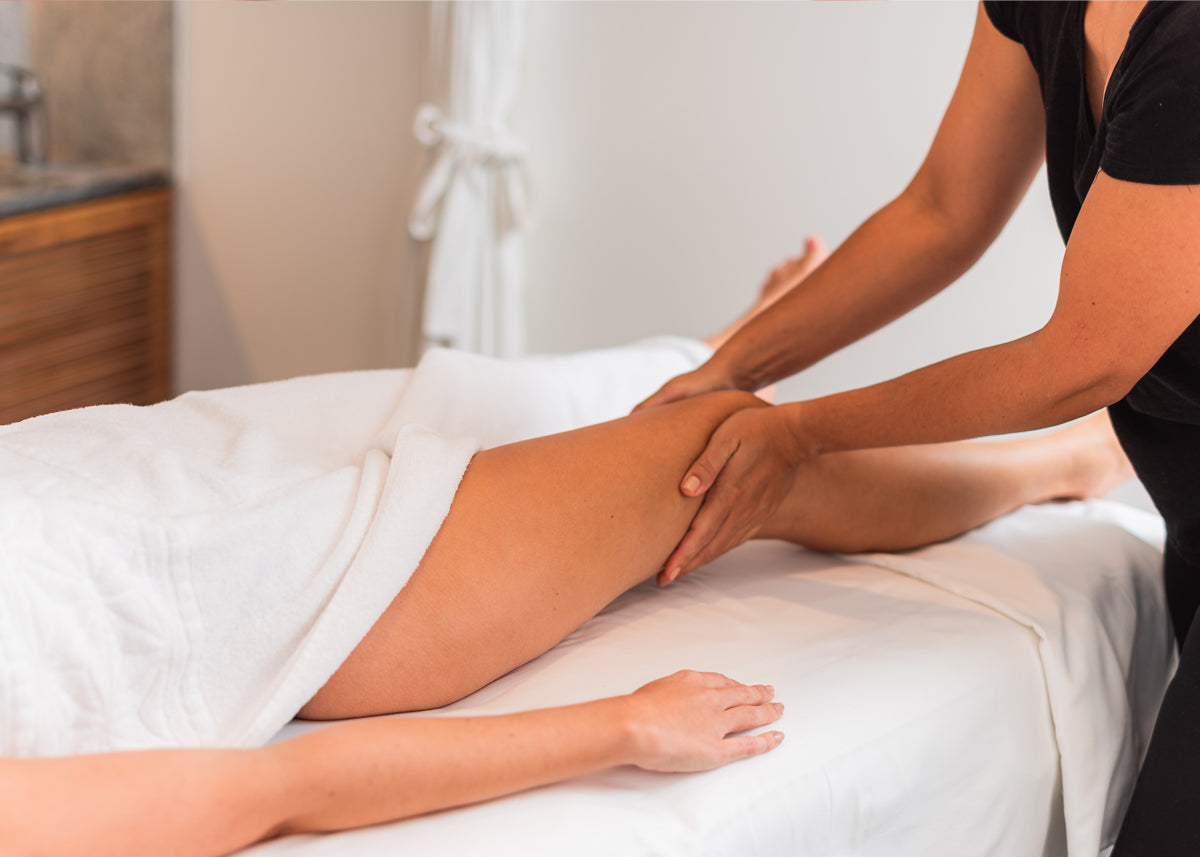Botox has long been celebrated for its ability to smooth wrinkles and restore youthful skin. As non-surgical cosmetic treatments grow in popularity, Botox is increasingly being explored not just for wrinkle reduction, but also for its skin tightening benefits. However, individuals with acne-prone skin often hesitate, wondering if this treatment could aggravate breakouts or interfere with acne treatments.
With the evolution of anti-aging solutions, a new debate has emerged: Botox vs Daxxify: Which Wrinkle Reducer Is Best For You? Both injectables offer distinct advantages, but when acne enters the equation, choosing the right treatment becomes even more critical. This article explores whether Botox is safe and effective for skin tightening in people with acne-prone skin and how it compares to emerging alternatives like Daxxify.
How Does Botox Work for Skin Tightening?
Botox, or botulinum toxin type A, works by temporarily paralyzing specific facial muscles. This relaxation reduces the appearance of fine lines and wrinkles—particularly around the eyes, forehead, and mouth. When used strategically, Botox can also lift and firm sagging skin, giving it a smoother and tighter appearance.
Is Botox Safe for Acne-Prone Skin?
This is where the conversation gets interesting. While Botox doesn’t directly treat acne, it doesn’t necessarily worsen it either. In fact, some dermatologists report that Botox injections may actually reduce sebum production, one of the leading contributors to acne formation. By slightly inhibiting oil glands, Botox may minimize clogged pores and even result in fewer breakouts for some patients.

However, safety depends on multiple factors:
| Consideration | Impact on Acne Skin |
|---|---|
| Injection Technique | Improper technique could lead to irritation or clogged pores. |
| Skincare Products Used Post-Treatment | Certain post-injection creams may not be acne-safe. |
| Skin Sensitivity | Acne-prone skin may react with temporary redness or minor inflammation. |
| Type of Acne | Those with cystic or inflammatory acne should consult a dermatologist before Botox. |
Botox vs Daxxify: A Quick Overview
Daxxify is a newer FDA-approved injectable that also uses botulinum toxin but boasts a longer-lasting effect compared to Botox—sometimes up to six months. It’s quickly becoming a sought-after alternative for people seeking fewer maintenance appointments.
Key Differences:
| Feature | Botox | Daxxify |
|---|---|---|
| Duration | 3-4 months | 6+ months |
| Onset | 3-7 days | 1-3 days |
| Protein Additives | Contains accessory proteins | Peptide-stabilized (no human or animal byproducts) |
| Suitable for Acne Skin | Generally safe with precautions | Requires more clinical studies for acne-prone skin |
While both options offer wrinkle reduction and minor lifting effects, Botox is more widely studied in patients with acne-prone or sensitive skin. Until Daxxify becomes more established, Botox may be the safer bet for acne sufferers.
How Botox Can Help Acne-Prone Skin
You may be surprised to learn that Botox offers indirect benefits for those with acne. Here’s how:
Reduction in Sebum Production
Botox can inhibit acetylcholine release, which in turn affects the oil glands. By limiting oil production, it creates a less hospitable environment for acne-causing bacteria.
Improved Skin Texture
Regular Botox injections may help reduce the appearance of acne scars and fine lines, giving the skin a smoother, more even surface.
Less Muscle Movement = Less Friction
Overactive facial muscles can irritate inflamed skin. By calming these movements, Botox may reduce physical stress on acne lesions.
Are There Risks of Botox Worsening Acne?
Despite the potential benefits, some users experience mild side effects that could impact acne-prone skin:
| Risk Factor | Explanation |
|---|---|
| Temporary Swelling or Redness | Common at injection sites, especially in sensitive skin. |
| Injection-Induced Breakouts | Pore-clogging from improper cleansing or heavy creams. |
| Stress Reaction | Anxiety about the procedure may cause a hormonal surge, leading to flare-ups. |
These risks are usually short-lived and manageable with the right post-treatment care.
How to Prepare Acne-Prone Skin for Botox?
Proper preparation ensures better outcomes and minimizes the chances of acne-related side effects. Here’s a guide:
Consult a Dermatologist
If you’re actively treating acne, especially with medications like isotretinoin, talk to your provider before scheduling Botox.
Avoid Irritating Products
Stop using retinol, AHAs/BHAs, and benzoyl peroxide 48 hours before and after your appointment.
. Cleanse Gently Before Your Appointment
Arrive with a clean face free from makeup or heavy moisturizers to reduce bacteria at injection sites.
Use Non-Comedogenic Products Post-Injection
Stick to oil-free, calming skincare to prevent clogged pores and inflammation.
Post-Treatment Tips for Acne-Prone Skin
| Tip | Benefit |
|---|---|
| Avoid touching or rubbing the treated area | Prevents bacteria transfer and irritation. |
| Use a soothing, fragrance-free moisturizer | Helps balance hydration without clogging pores. |
| Skip strenuous workouts for 24 hours | Reduces sweating that could aggravate acne. |
| No makeup for 24 hours | Allows skin to heal and breathe. |
Can Botox Be Combined with Acne Treatments?
Yes, in many cases. Botox can be safely paired with other acne-friendly treatments such as:
- Salicylic Acid Peels (used at a different session)
- LED Light Therapy
- Microneedling (timed apart from Botox injections)
- Non-comedogenic facials
However, it’s essential to time these treatments properly. Most practitioners recommend waiting at least one week before or after Botox to introduce additional facial procedures.
Ideal Candidates for Botox with Acne
While Botox is generally safe, not everyone is an ideal candidate—especially when active skin conditions are present.
| Good Candidates | Not Ideal Candidates |
|---|---|
| Mild to moderate acne | Active cystic breakouts |
| Oily skin with fine lines | Skin with open sores or infections |
| Acne scars and texture issues | Ongoing antibiotic or isotretinoin use |
| Individuals with stable skincare routines | Those with highly sensitive or reactive skin |
Clinical Evidence Supporting Botox Use in Acne-Prone Patients
Although more research is needed, early studies support Botox’s role in managing oil production and improving overall skin quality.
A 2013 study published in Dermatologic Surgery found that Botox significantly reduced sebum production in the forehead region, with results lasting up to four months. Participants also reported improved skin smoothness and a reduction in pore size.
Study Summary:
| Study | Key Finding |
|---|---|
| Dermatologic Surgery, 2013 | 75% of participants saw less oiliness after Botox |
| Journal of Clinical Aesthetic Dermatology, 2015 | Improved skin tone and acne scar texture |
Botox Alternatives for Acne-Prone Skin
If you’re not quite ready for injectables, several other non-invasive treatments provide both acne control and skin firming:
- Radiofrequency (RF) Microneedling – Stimulates collagen without damaging the outer skin.
- Laser Resurfacing – Can help with both acne scars and mild tightening.
- Chemical Peels – Reduce acne and enhance overall skin tone and firmness.
For those curious about Daxxify, more clinical data is needed, particularly for acne-prone individuals. Until then, Botox remains a trusted option with a proven safety record.
FAQs
Can Botox make acne worse?
Not typically. When administered correctly, Botox may actually help reduce breakouts by lowering oil production.
Is Botox safe for sensitive skin?
Yes, but extra precautions should be taken to avoid irritation and inflammation. Always consult a trained specialist.
Can I get Botox while on acne medication?
It depends. If you’re on topical treatments, it’s usually fine. Oral medications like isotretinoin require a medical evaluation.
Will Botox help with acne scars?
Indirectly, yes. Smoother skin from muscle relaxation can make scars appear less pronounced.
How often should I get Botox for skin tightening?
Every 3–4 months is typical, though this may vary based on your individual goals and skin condition.
Final Thoughts
So, is Botox for skin tightening OK with acne skin? The answer is a conditional yes. When performed by an experienced professional, Botox can be a safe and even beneficial option for individuals with acne-prone skin. It offers subtle lifting, smoother texture, and may even curb oil production. However, success depends heavily on proper technique, thoughtful skincare, and clear communication with your provider.




